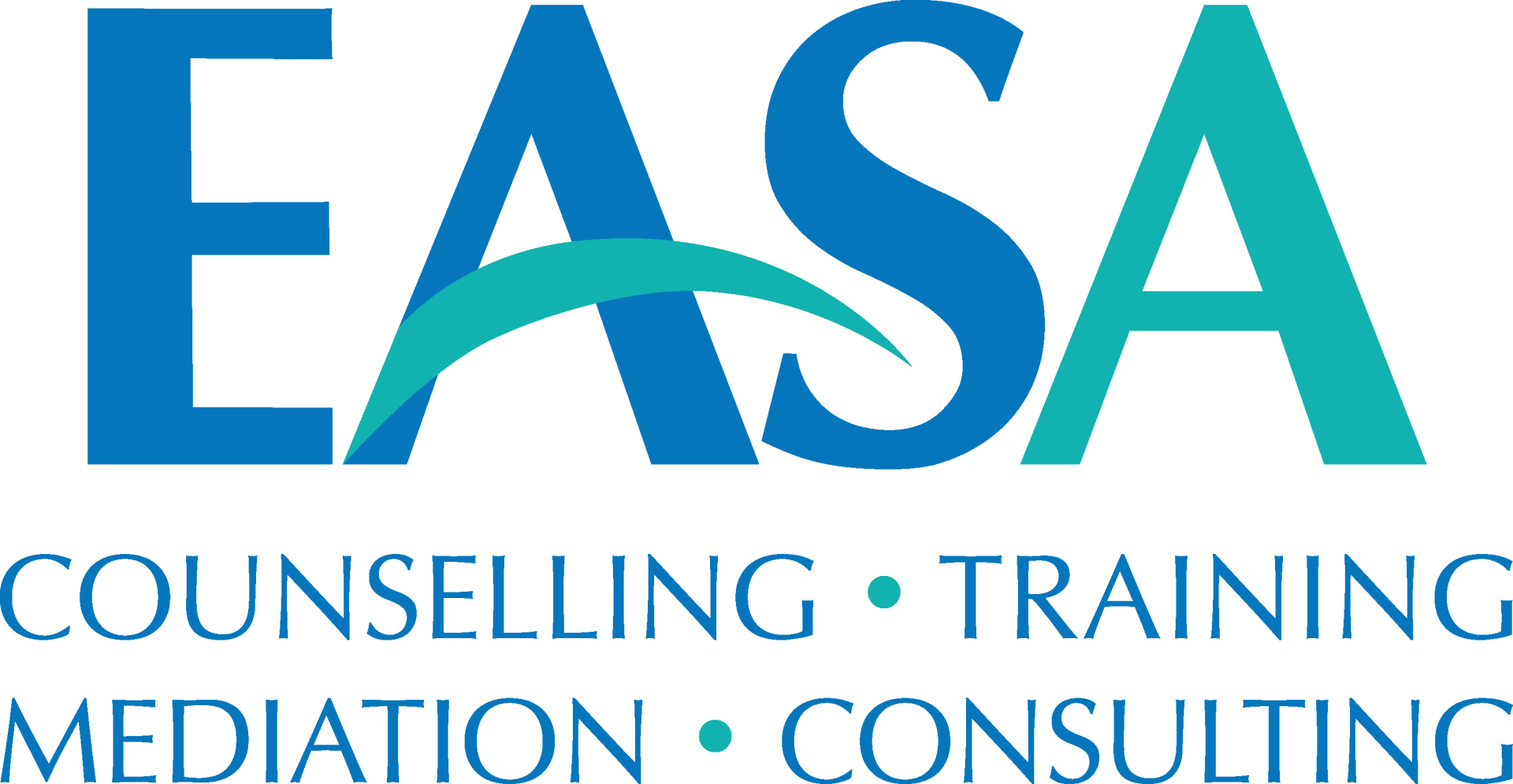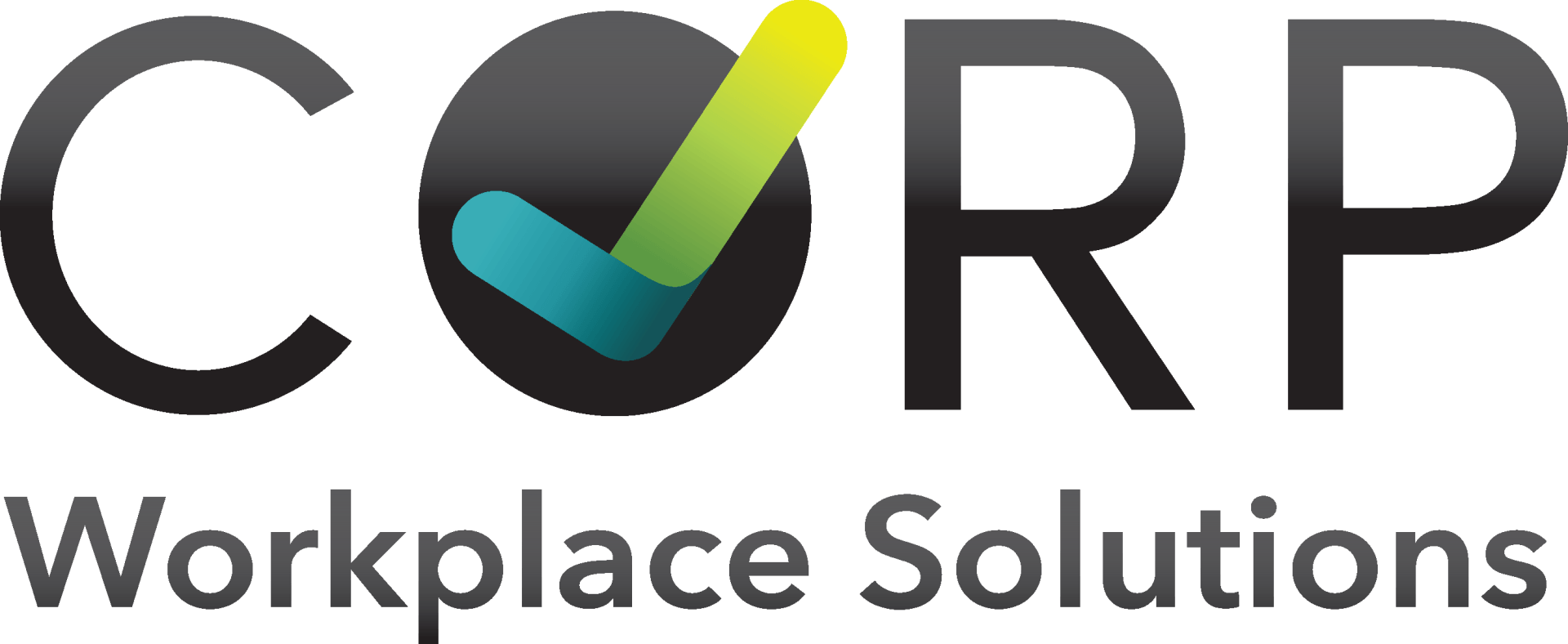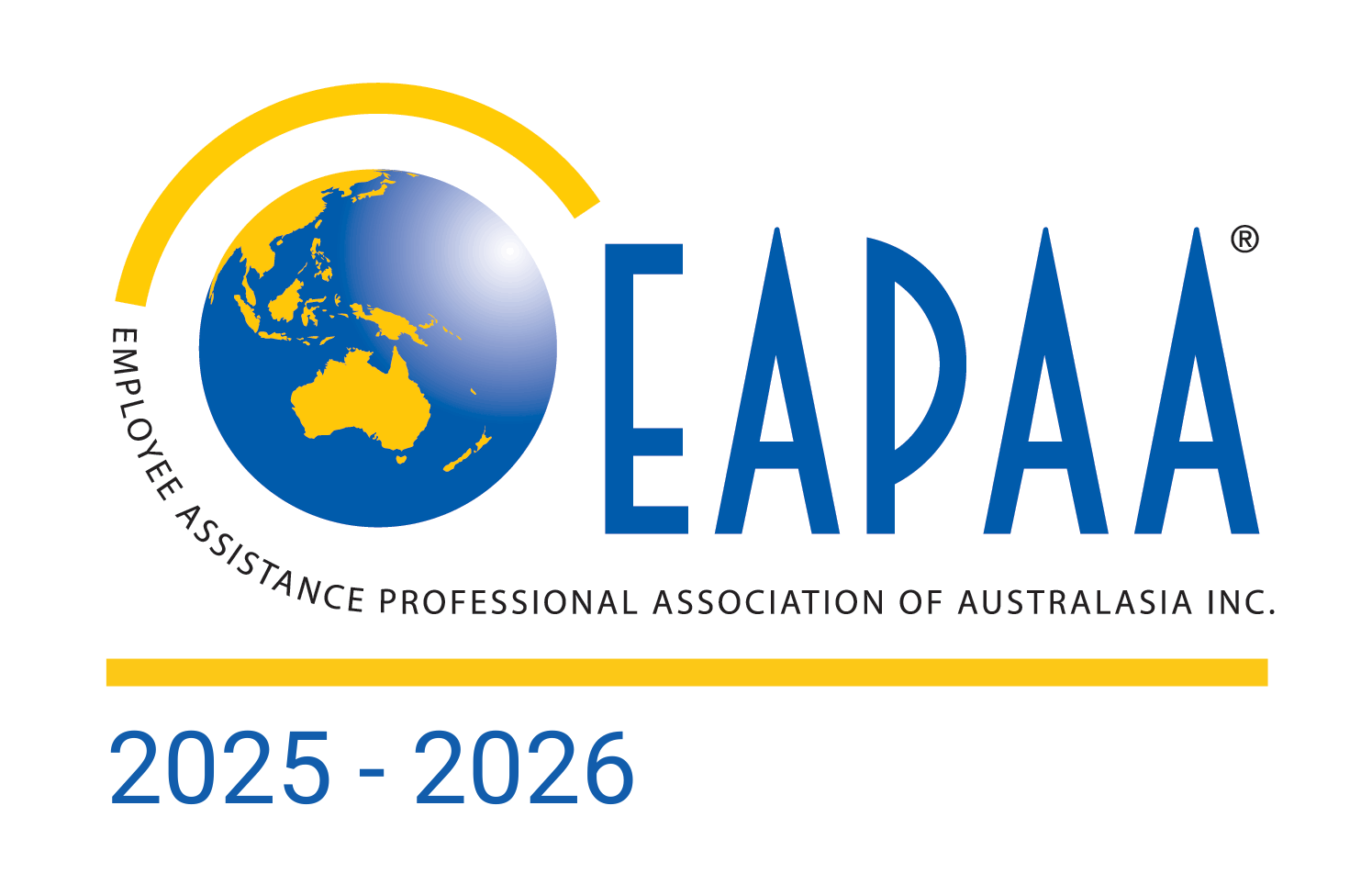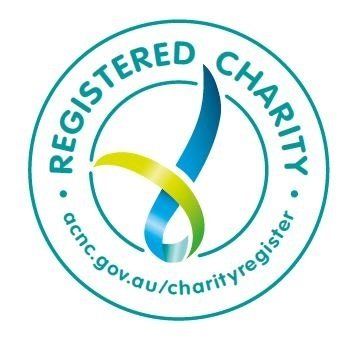When conflict is not addressed, it can lead to greater issues such as grievances or mediation. Here’s some simple tips on how to prevent these situations from arising.
The Cycle of Communication
Our communication in the workplace is a never-ending, revolving cycle of communication. If you walk into a room and are greeted by a person with a smile on their face, instantly, you know you are welcomed in that space. If you reciprocate with a smile, that person knows you are friendly and not a threat. They greet you. You are modifying your behaviour, based on how someone has behaved with you, and your interpretation of the signals. They, in return, are modifying their behaviour, based on how they interpret your signals.
Let’s say, you walk into the room and you don't have a smile on your face. The person in the room may assume that you are either unhappy or unfriendly. They may shy away or disregard you. You in turn, don’t feel acknowledge and assume you’re not welcome in that space, so you ignore the other person. They find you rude and disrespectful for ignoring them. You can see how slight deviations or misinterpretations can send communication off course. This is where conflicts can start to arise. People generally act in a way that they believe is respectful, however, they may not be aware of the impact they have on another person.
Intention Vs Impact
Perhaps I make a joke. You don’t find it funny. In fact, you find it offensive. My intent was to be funny or affectionate, but the impact it had on you was quite different from my intention. Another example could be swearing in the workplace. A group of people might be very comfortable to pepper their conversation with strong language, whereas others might find that offensive. The key is to be aware that others can interpret the intent differently, and it can sometimes make people uncomfortable or offended. People will behave in a way that makes sense to them, and it doesn't always make sense to us.
Clarity
Why did you do that? Why is that funny? What's so annoying about that situation? It doesn't hurt to ask those questions. Research has shown that when we don't know the intent, when we don't have that information, we guess. It's human nature for us to look out for threat (the flight or fight response). So we are designed as a species to look out for the predator that's going to jump out of the bush and eat us. We're designed to look for the smoke from a fire that might trap us and burn us alive. If we have doubt about what someone is saying to us, the assumption is often going to be a negative one. It means it's easy for intent to be misinterpreted. We are primed to look for the negative. We focus in on it or fixate on it as a survival response. Psychological research shows us that for every negative thought or comment, we need another five to counteract them for wellbeing. Therefore, it’s important to clarify meaning, to not make assumptions about what people are saying to you and why they are behaving that way.
Watch out for sarcasm
Sarcasm is often a lazy way to tell somebody that you don't like something, to pass judgement or to criticise without actually telling them. It's a passive aggressive form of communication. Be careful if you find yourself doing it as a nervous response, it may easily be misinterpreted. Or if someone is communicating to you in that way, clarify their intent and meaning. Ask, “can I be clear on what you're trying to say here?”.
Be Curious
Because things can easily be misinterpreted, it’s a good idea to adopt a stance of curiosity for yourself. Seek to understand and ask questions before you try to make any changes or before you take a stand on something. Firstly adopt a position of curiosity on why they made that comment or why they may feel that way. Just a small degree of divergence can take you right off track in that cycle of communication. Seeking clarification will bring it back on track. A conversation that stays off track can lead to grievances or mediation. When we come into mediation, it's not uncommon for a massive breakdown in communication. A collection of accumulative and compounding misunderstandings have occurred. A skilled mediator or facilitator will open up communication pathways, to bring the conversation cycles back on track for a useful resolution.
Written by CORP Consultant, Barbara Clifford







